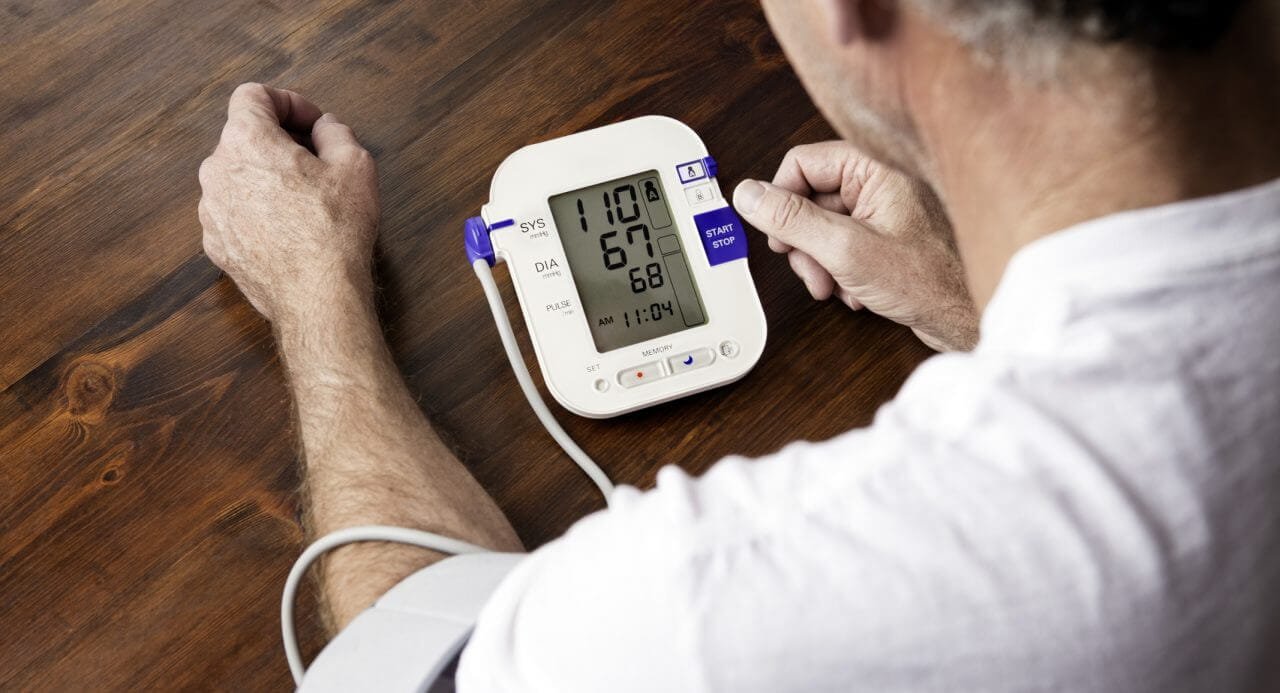High blood pressure often comes without warning but can lead to serious health issues if left unmanaged. The good news? You can take charge of your health by making a few simple lifestyle changes.
2. Reduce Sodium Intake
Too much sodium in your diet can cause your body to retain water, increasing BP.
Tips to Cut Down on Salt:
- Read food labels and choose low-sodium options.
- Use herbs and spices instead of salt for flavor.
- Avoid processed foods and fast food.
3. Eat a Heart-Healthy Diet
Following the DASH diet (Dietary Approaches to Stop Hypertension) can help reduce blood pressure.
Best Foods for Lowering Blood Pressure:
- Leafy greens (spinach, kale)
- Berries (blueberries, strawberries)
- Whole grains (brown rice, oatmeal)
- Low-fat dairy (yogurt, milk)
- Healthy fats (avocados, nuts, olive oil)
4. Exercise Regularly
Physical activity strengthens your heart, making it more efficient at pumping blood.
Best Exercises for Hypertension:
- Brisk walking (30 minutes a day)
- Swimming or cycling
- Strength training twice a week
5. Maintain a Healthy Weight
Extra weight puts strain on your heart, increasing BP. Even losing 5-10% of your body weight can make a big difference.
Tips for Healthy Weight Loss:
- Eat smaller portions
- Cut down on sugary drinks
- Increase protein and fiber intake
6. Reduce Stress Levels
Stress releases hormones that leads to high BP. Learning to relax can help keep it in check.
Effective Stress Management Techniques:
- Practice deep breathing exercises
- Try yoga or meditation
- Spend time in nature
7. Limit Alcohol and Caffeine
Excessive alcohol and caffeine can contribute to high BP.
How to Cut Back:
- Stick to one drink per day (for women) or two (for men).
- Switch to decaffeinated coffee or tea.
8. Quit Smoking
Smoking damages blood vessels and increases the risk of heart disease.
Tips to Quit Smoking:
- Use nicotine replacement therapy (patches, gum).
- Find a support group or quit-smoking program.
- Replace smoking with a healthy habit.
9. Get Enough Sleep
Lack of sleep can increase stress and raise blood pressure levels.
Sleep Tips for Better Blood Pressure:
- Stick to a consistent sleep schedule.
- Avoid screens before bedtime.
- Keep your bedroom cool and dark.
10. Monitor Blood Pressure Regularly
Checking your blood pressure at home helps track your progress.
How to Use a BP Monitor:
- Sit in a relaxed position.
- Avoid caffeine or exercise 30 minutes before measuring.
- Take readings at the same time each day.
11. Seek Medical Advice
If lifestyle changes aren’t enough, consult a doctor for personalized treatment.
Common Treatments for Hypertension:
- Prescription medications (ACE inhibitors, beta-blockers)
- Lifestyle modifications
- Regular medical check-ups
12. Conclusion
Controlling high blood pressure is all about small, consistent changes. By adjusting your diet, staying active, and managing stress, you can keep your blood pressure in check and protect your heart.
13. FAQs
1. What is the normal blood pressure range?
A normal reading is around 120/80 mmHg. Anything above 130/80 mmHg is considered high.
2. Can drinking more water lower BP?
Yes, staying hydrated helps maintain blood volume and prevent dehydration-related spikes in blood pressure.
3. How long does it take to see improvements?
It varies, but most people see changes within a few weeks to a couple of months after making lifestyle adjustments.
4. Are there any natural supplements that help?
Yes! Magnesium, potassium, and omega-3 fatty acids may help lower blood pressure naturally.
5. What foods should I avoid?
Limit processed foods, salty snacks, sugary drinks, and excessive red meat.
